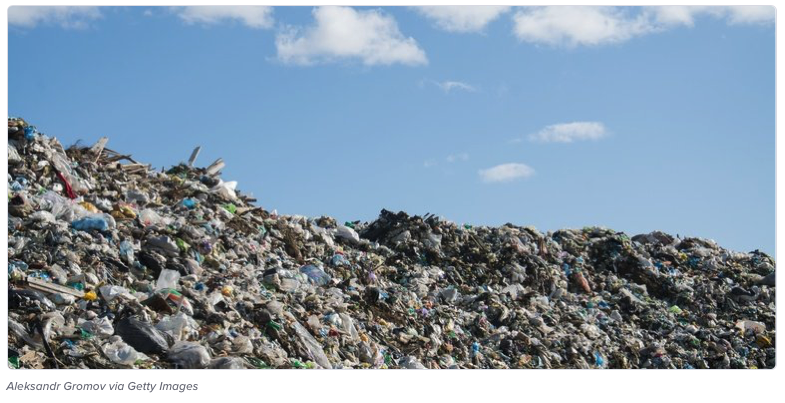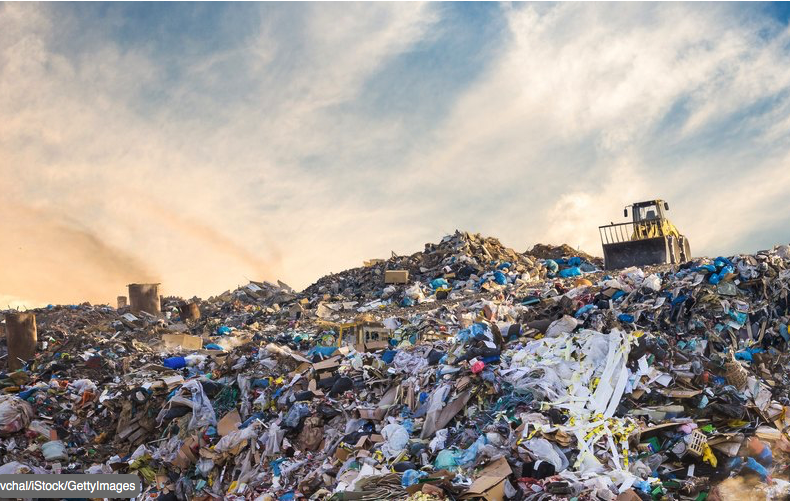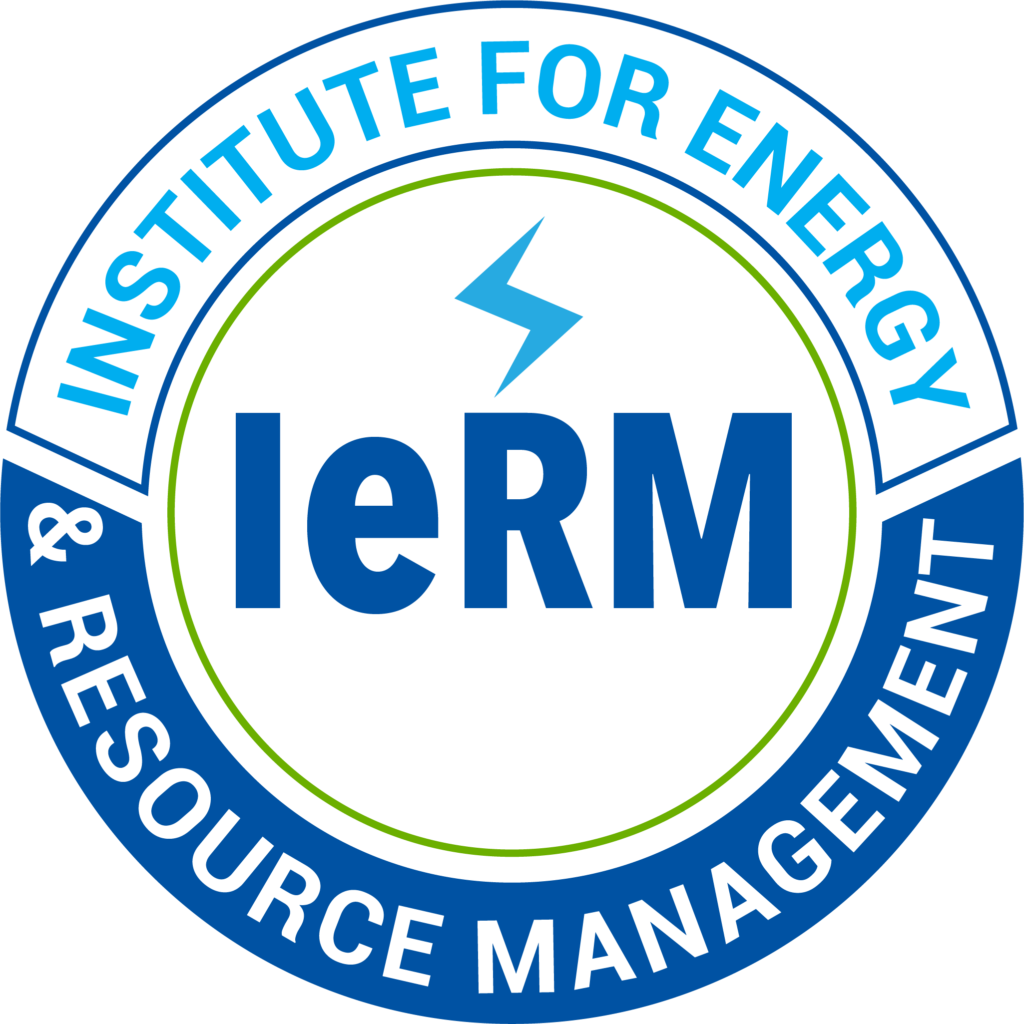Hello, everyone, Philipp here. We’re hearing a lot about income inequality these days, and I thought it might be interesting to take a look at the economics of landfills, and the companies that operate them. The results might surprise you – or make you angry. In 1984, about 17% of…

– The EPA has stated it believes estimates of methane emissions from landfills may be twice as high as models indicate. While the landfill industry might disagree, numerous field studies have found that methane emissions are actually much higher than estimated. A 2016 study by Germany’s Institute for Energy and Environmental Research identified that landfill operators’ claims of methane recovery left out substantial amounts of emissions.
-Waste management companies are no longer just local contractors and the largest landfill operators are now national publicly traded companies. Substantial sums have been spent at the federal and state level by the waste management industry to influence the development and implementation of regulations. It is clear that waste companies have a vested interest in maintaining the status quo, and are willing to spend to do so.
-As more and more people come to realize the urgency of the climate crisis and the need for real and significant action, the U.S. must follow suit. As European Union Commission President Ursula von der Leyen said before the opening of the COP26 conference in Glasgow, now comes the “moment of truth” that will affect the “survival of mankind.”
While there is no doubt that the prevention of municipal solid waste (MSW) generation should sit at the top of any public policy, industrial strategy and individual behaviour, just like reducing the consumption of energy, this proposition might mislead the public into thinking that waste can suddenly disappear if only we had the will to make it happen. Despite these unattainable expectations, the ‘Zero Waste’ concept has become a viral and omnipresent phrase in recent years. A Google search of this term shows around half a million hits, as of March 2020, and countless government and non-governmental organisation initiatives worldwide. Zero Waste seems to be the only acceptable aim for today’s politicians who embrace an environmentally friendly platform. As a result, countries and municipalities all over the globe have committed themselves to achieving the goal of Zero Waste. So far, however, nobody has managed it, and given the many scientific and practical roadblocks, no one ever will.

As rain falls on landfill sites, organic and inorganic constituents dissolve, forming highly toxic chemicals leaching into groundwater. Water that rinses through these chemicals collects at the base of the landfill and usually contains high levels of toxic metals, ammonia, toxic organic compounds and pathogens. This can result in serious contamination of the local groundwater. Even more dangers, this mixture usually creates a high biological oxygen demand, meaning it can quickly de-oxygenate water. If or when these noxious chemicals reach rivers or lakes, it could result in the death of aquatic life.


